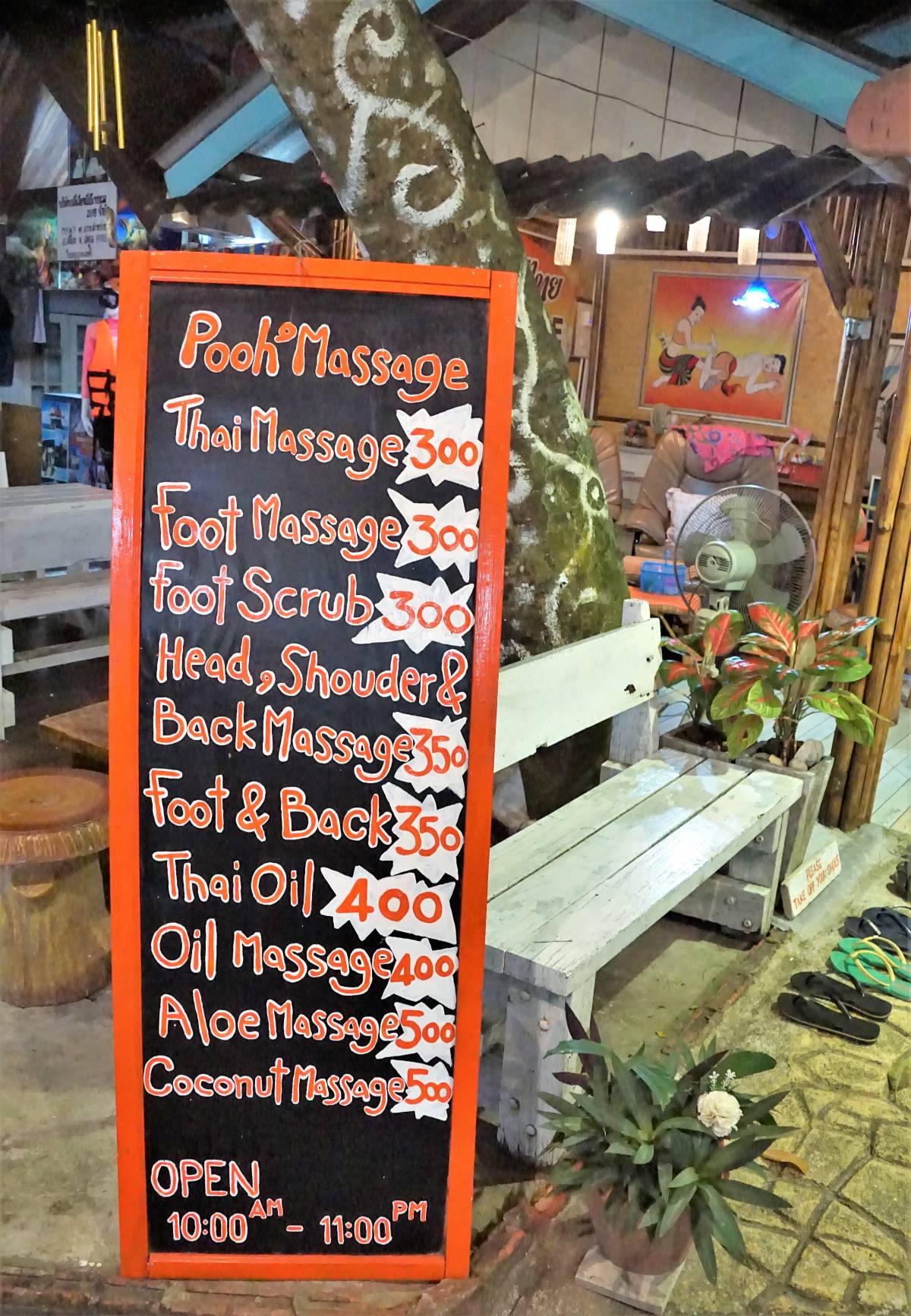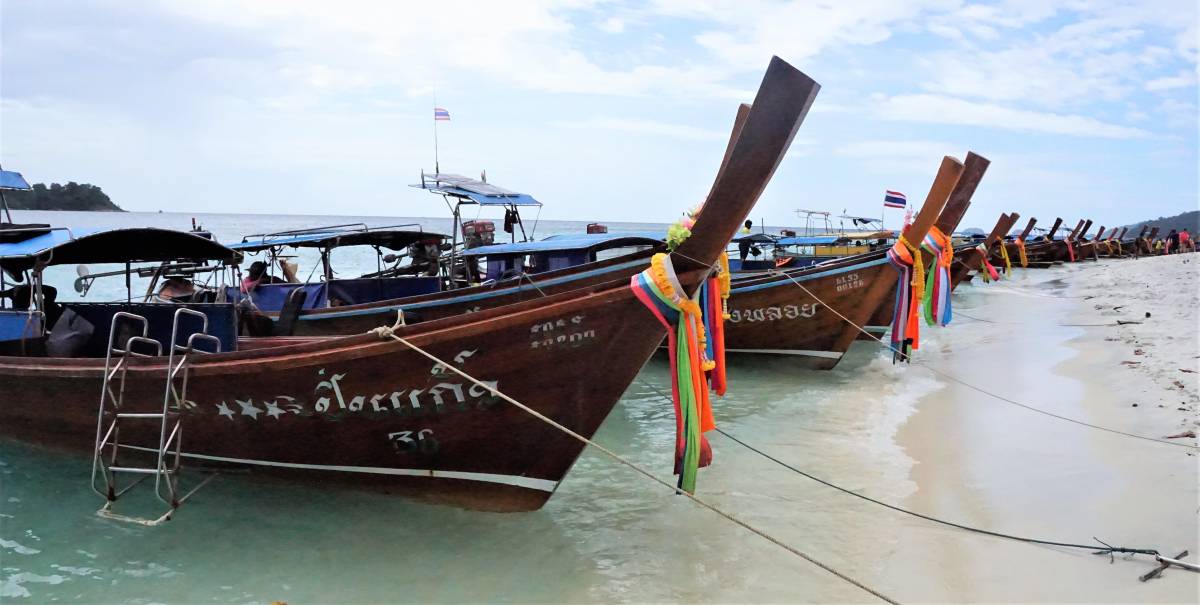Singapore Tops Travel Destination for Tourists in Asia When Borders Reopen
(SINGAPORE, AUGUST 5, 2020) Singapore is at the top of the list of travel destinations for people living in India, Indonesia, Thailand, Hong Kong, and the Philippines when it comes post-lockdown travel, according to a new global study.
These countries also have considerable pent-up demand for travel. Out of the five, Indians are the most eager to travel internationally in the next 12 months (77%), followed by Thais (70%), Indonesians (60%), Hong Kongers (47%), and Filipinos (46%).
Jointly conducted by Southeast Asia’s leading social research agency Blackbox Research, data provider Dynata, and language partner Language Connect, Unravel Travel: Fear & Possibilities in a Post Coronavirus (COVID-19) World examines the sentiments, preferences, and expectations of 10,195 people from 17 countries regarding travel in a post-COVID-19 world.
The study also found that Singaporeans are keen for the local travel industry to find its footing again. An overwhelming 93% of Singaporeans recognise that tourism is a major industry and contributor to the local economy, with more than half (67%) believing that the country is well-prepared to reopen tourism and leisure activities. More than half are also comfortable with tourism boards, including their own, promoting their countries amidst a pandemic (57%).
On a more global level, the study revealed that 1 in 5 will look to avoid business travel in the next 12 months (See Appendix, Chart 1), which spells a challenge for Singapore’s plans to progressively resume essential business travel for executives.
Saurabh Sardana, (pictured right) Chief Operating Officer of Blackbox Research, said that both regional interest and citizen sentiment towards restarting local tourism have been encouraging, but establishing t raveller’s trust in health and safety protocols is key.
raveller’s trust in health and safety protocols is key.
“People across Asia have the most pent-up demand to travel, and Singapore is well-placed to tap into that opportunity given its strategic location as the region’s travel hub. As Asia’s business hub as well, Singapore’s immediate focus on appealing to business travellers by working to establish green lane arrangements with a number of countries will help kickstart the industry.
“However, with concerns on health and safety as well as the increasing prevalence of digital tools replacing in-person business meetings, our study found that a significant percentage of people globally are deterred from business travel.
“With the number of cases in control now, Singapore is well placed to cut through the fear and noise around pandemic travel, and drive home the safety narrative for its local tourism assets. This includes assurances on health checks during key stages of their itinerary, as well as ensuring that the required safety standards and precautions are in place,” said Mr Sardana.
Singapore also has strong domestic appeal, with 78% of Singaporeans keen to support local travel attractions in the next 12 months. Mr Sardana said, “Despite being a small island state that does not offer locals different states and regions to explore, our survey demonstrated that Singaporeans’ impression of domestic travel is still relatively robust. Singapore is committed to appeal to local consumers, as demonstrated by its $45 million SingapoRediscovers campaign, and its offerings are also well-placed to capture the domestic market.
“The next stage will be to further grow the way domestic tourism is perceived by locals, based on a greater understanding of local preferences, sentiments, and expectations.”
Commenting on the significance of the study’s findings, Mr Sardana said, “What the study has shown us is that the pandemic has unequivocally shifted how we see travel. In order for travel industry players to stay relevant, they need to change the way they approach every aspect and touchpoint in the traveller experience, emphasising safety and rebuilding trust.”
 Other key findings from the survey were:
Other key findings from the survey were:
Travel dreams dampened – for now
Overall, international leisure travel in the short term is off the schedule for most people, with 44% of respondents still keen to avoid international vacations.
Notably, Japanese (32%), Filipinos (42%), and New Zealanders (43%) and Australians (52%) are least eager to take long-haul trips.
Australia and Japan emerged as the two most popular destinations for Asian travellers, while Spain is on the top of the list of European travellers given their June COVID-19 cases saw a downward trend. The countries whose tourism appeal took the biggest hit during the pandemic are China, Italy, and the US.


Tourism to champion safety, contactless experience
Globally, 80% are willing to pay more for safer accommodation, and 74% are open to paying a higher premium for travel insurance in exchange for protection against pandemics.
76% of respondents indicated that their preferred travel destinations will be countries that offer more contactless experiences.
An overwhelming 66% prefer to travel in their own vehicles for road trips between cities or countries, compared to travelling on a plane (18%), rented or private-hire car or taxi (9%), and buses and trains (7%).

Travel Reimagined in the New Normal
In terms of what the future of travel looks like, the study found that e-boarding passes (44%), touchless lavatories (43%), contactless journeys from airports to hotels (40%), no more middle seats in transportation (36%), and digital health passports (35%) are some of the new ideas which global travellers hope to see implemented in the near future.

ORDER HERE: fcowanmedia@gmail.com : Amazon: Unicorn Eyes : The Orange-Sofa : Walking Home


